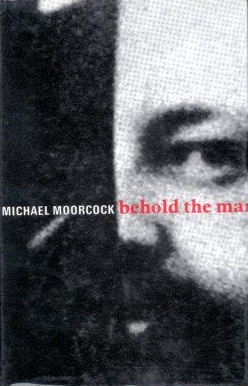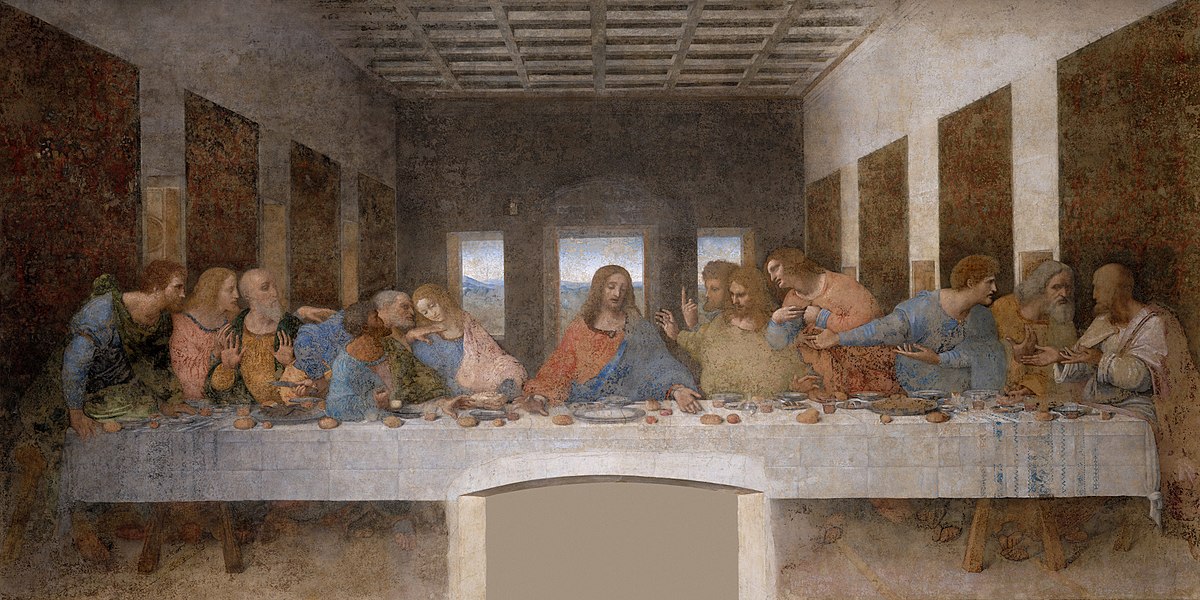Dutch Uncle
* Tertia Optio * Defend the Constitution
Schizophrenia existed even before RFK Jr. No doubt many people had "visions". Julius Caesar was thought to be divine because he had "the falling sickness", now known as epilepsy. Although, as the link below notes, it could have been mini-strokes.Or, they were visions, like the ones Theresa claimed to have of the Virgin Mary. These people for whatever reason think these visions are real. The are real to them.
The followers of Jesus aren’t the first or the last to experience what they think are supernatural experiences, the burning bush, the talking ass, there are many throughout ancient literature. Throughout history people have testified to miracles.
There are other godman stories, Jesus’ is just one amongst many.
Agreed on many "godman" stories. Like stories about Jesses James or Billy the Kid, I suspect most are highly inflated post-mortem albeit based upon factual history. Still, due to the four different accounts in the Gospels, even though they vary a bit, it seems there was a physical manifestation based upon both the accounts themselves and the impact it had upon others.

Julius Caesar Suffered from Strokes, Not Epilepsy, New Study Says | HISTORY
A new examination of Julius Caesar’s health has found that the Roman dictator may have suffered from a series “mini‑strokes” rather than epilepsy.




